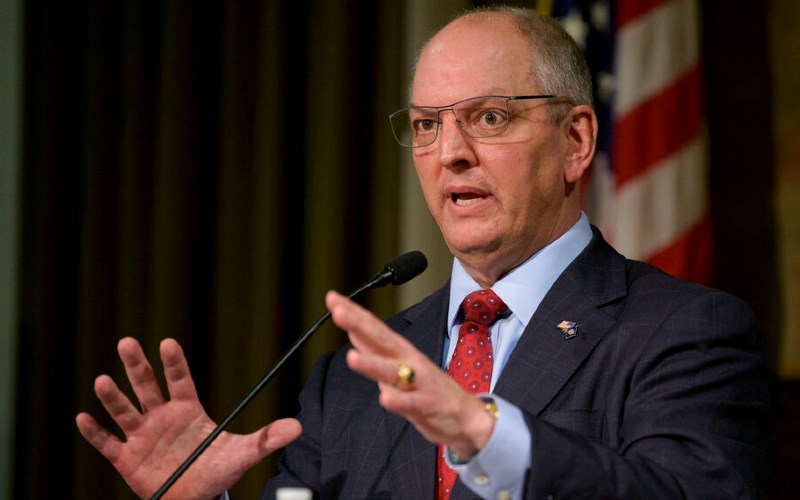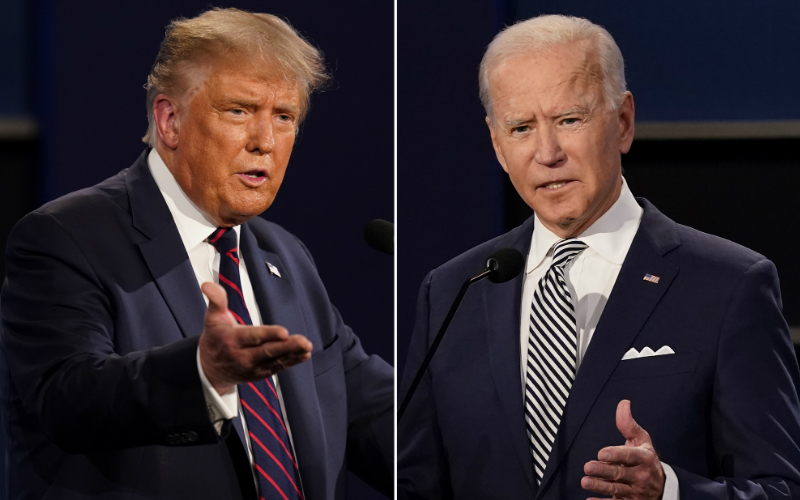John Rustin of North Carolina Family Policy Council tells AFN his governor, Roy Cooper, vetoed three bills related to transgender activism, including one that bans males from female-only sports. Similar bills have been passed in more than 20 states.
“One is Senate Bill 29, the Parents Bill of Rights,” Rustin advises, “that basically clarifies that parents in North Carolina have a fundamental right to the care, custody and control and upbringing of their children, and especially as it relates to health care and education.”

The third North Carolina bill bans minors from undergoing life-changing hormone blockers and gender mutilation surgery, but Gov. Cooper called the three bills a “triple threat of political culture wars” that he claimed unfairly target transgenders.
Employing a standard political strategy, Cooper accused Republican lawmakers of “scheming” about the next election when they should be focusing on public education and lowering the cost of living for families. That was quite a claim to make considering North Carolina, when it passed a controversial “bathroom bill” in 2016, proved to be far ahead of a controversial issue that has now overtaken the rest of the country seven years later.
Down in Louisiana, Gov. John Bel Edwards vetoed the Stop Harming Our Kids Act that also bans life-altering treatments for minors.

Gene Mills of the Louisiana Family Forum tells AFN the bill bans a mentally confused child from making a permanent decision in which body parts are permanently removed.
“The promises that have been made by the medical profession, or portions of it, and the pharmaceutical companies who are selling these chemicals, is unconscionable,” Mills warns.
Despite the veto, Louisiana lawmakers have the votes to override it but must first call for a special session. The veto only needs a 50% vote, Mills says, but the vote for a special session requires two-thirds of the Senate and House to agree to it.
Back in North Carolina, Governor Cooper's veto is not the last word. Legislators are returning to the capitol next week and will begin the process leading to a vote to try to overturn the vetoes.
7/10/2023 - Corrected name/photo of spokesman for North Carolina Family Policy Council.







